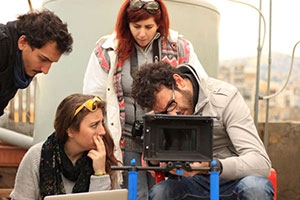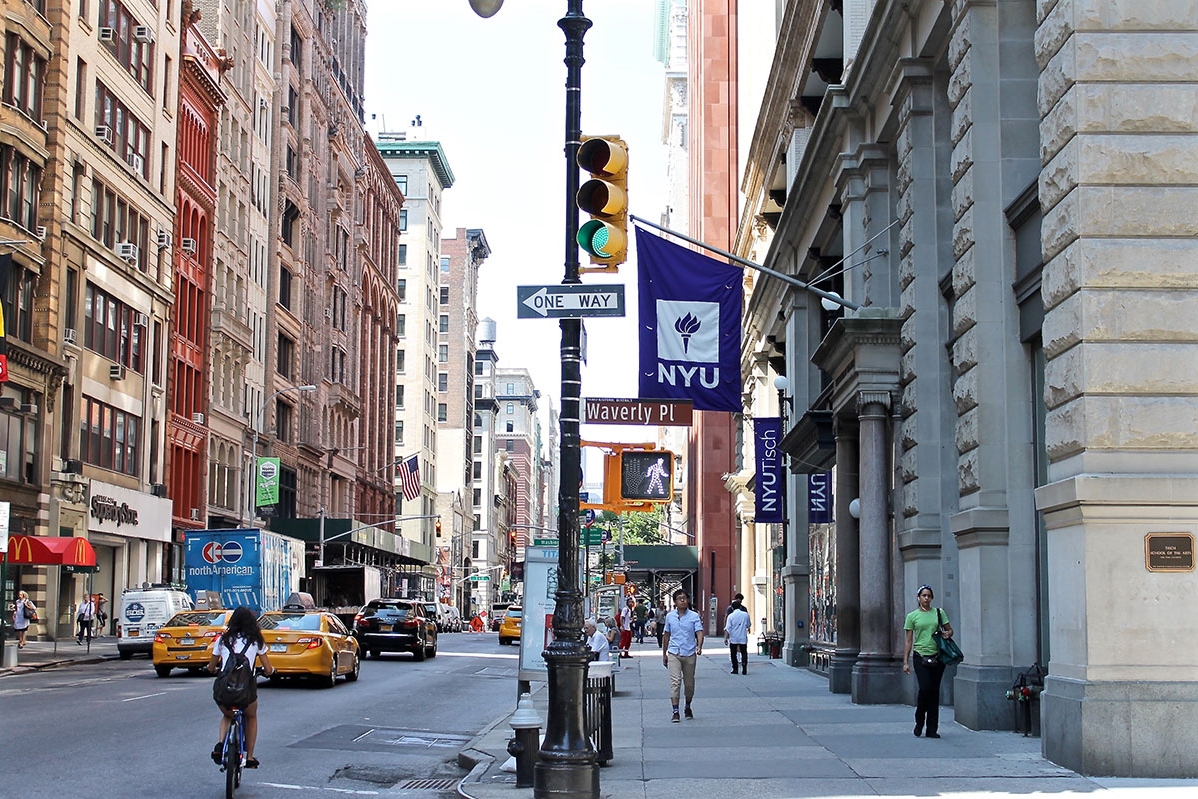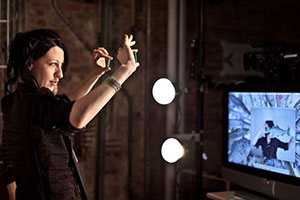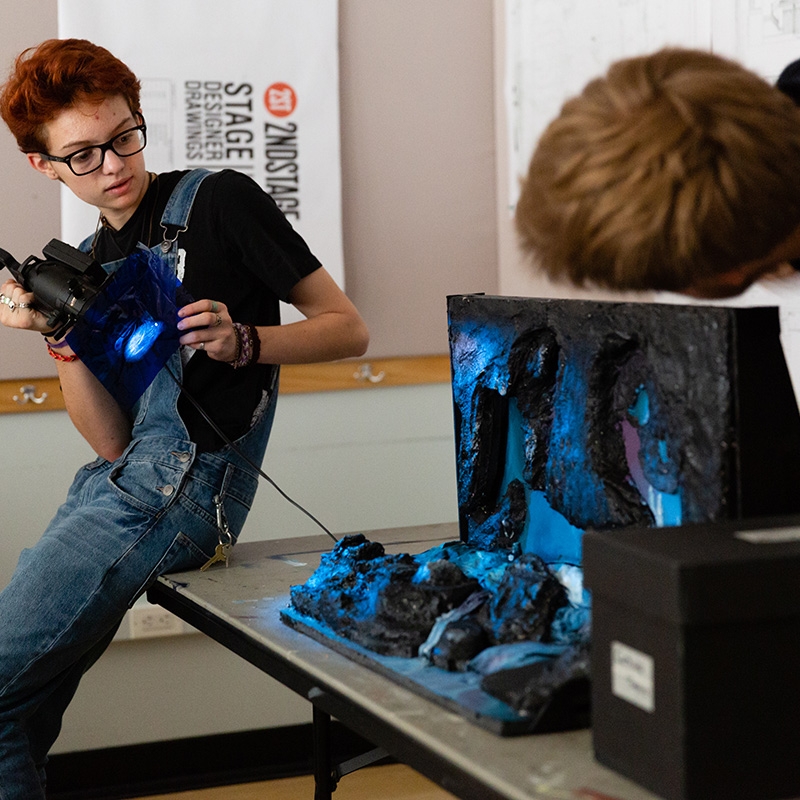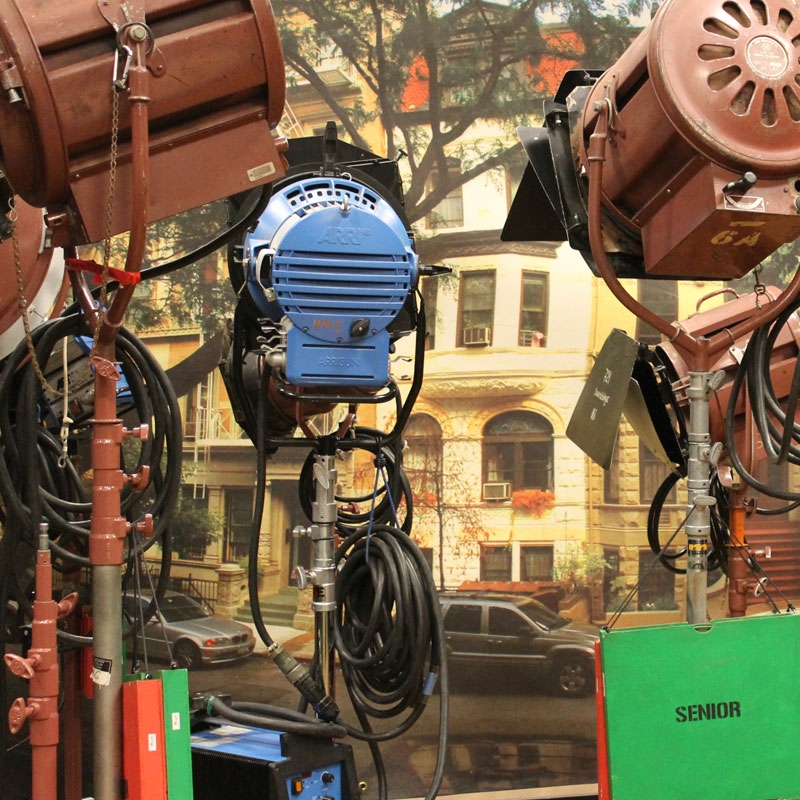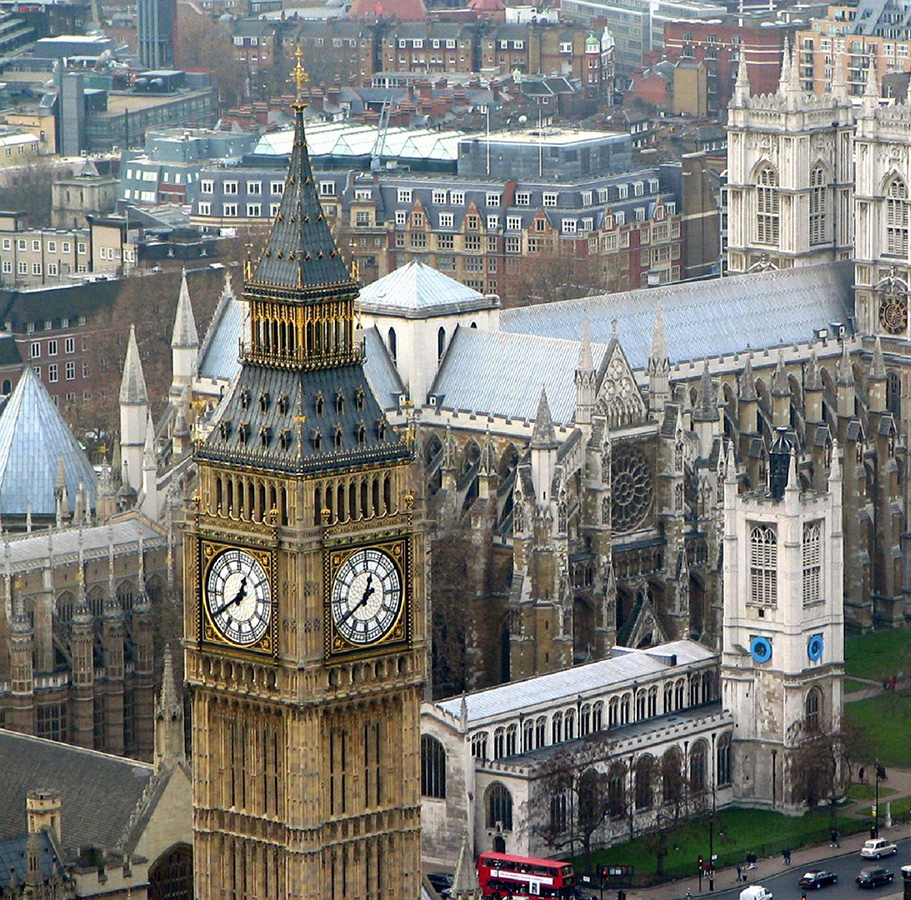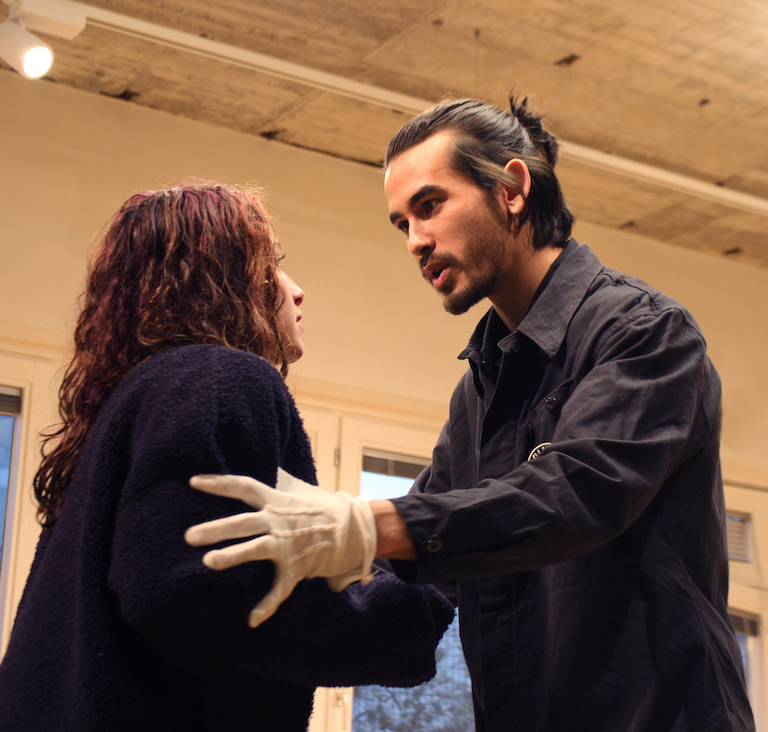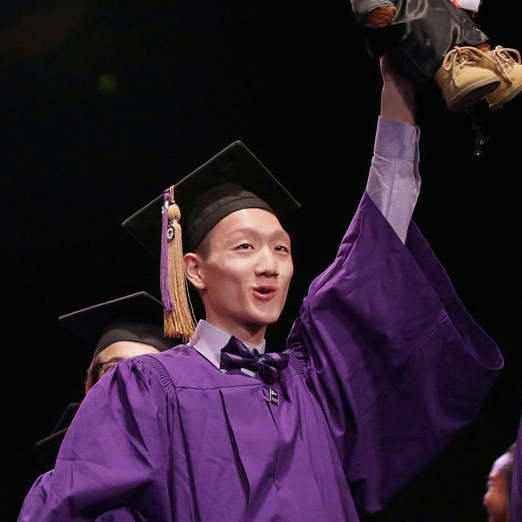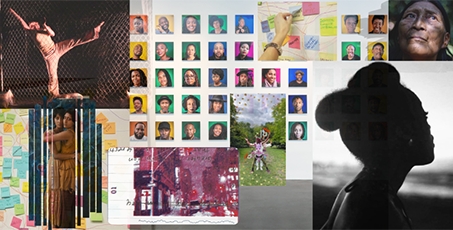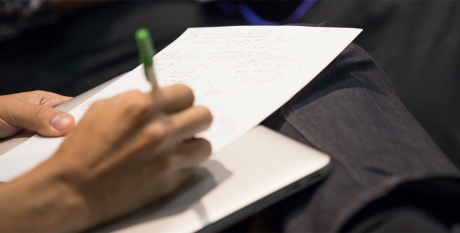Professor Shanté Smalls
ASPP-GT 2015
Monday 7pm - 9:45pm, 181 Mercer room 565
4 points
This course thinks through the relationship of art and Blackness to feminism, womanism, sex, gender, sexuality. How is Blackness rendered through gender, sex, and sexuality, and how are gender, sex, and sexuality informed by Blackness? How does art in its most expansive terms engage, depict, and reformulate Blackness? How are Black artists reconfiguring and exploring gender, sex, and sexuality and their fraught tensions? The course methods will include engagement with visual art, music, performance, film, tv, everyday life, and critical theory.
Some of our course interlocutors will include: art from the 2024 Whitney Museum Biennial, other gallery and museum exhibitions; texts such as The Invention of Women (1997), Race and Performance After Repetition (2020), Frottage (2019), Black Sound (2024); videos and music from Janelle Monáe, Rihanna, Durand Bernarr, Chika, Kelela, and Tems; and films such as The Stroll (2023), Little Richard: I am Everything (2023), and Twenty Feet from Stardom (2013).
Students will be encouraged to create, write, perform, collaborate, make, and think alongside, against, and around these issues, methods, and objects.
For PhD Students: a final seminar-length paper is expected. For MA students: the final is a small group or individual presentation/performance/project and an annotated bibliography.
